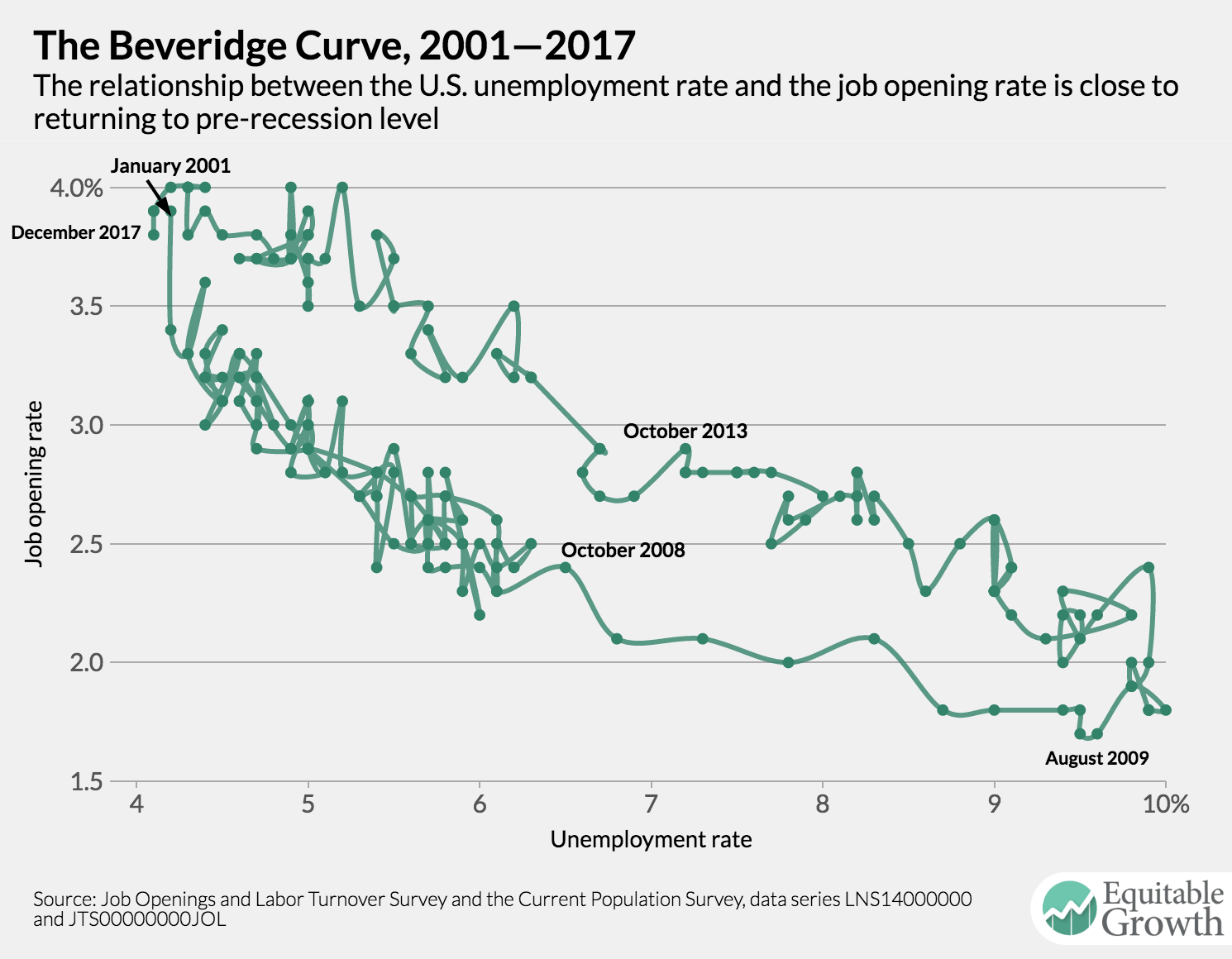Should-Read: Is “smart money” in the business of making money by leaning against noise traders? Or is “smart money” in the business of making money by figuring out when information about fundamentals is slowly diffusing through the marketplace to fundamentals-based investors? Why, you may ask, if “smart money” is smart doesn’t it simply determine fundamental values, and then buy and hold? The reason is that “smart money” are actually smart managers who need to show a return in the short term. Thus betting against noise traders and front-running information diffusion are the only strategies that promise to do that. Provided you can tell the time to do one from the time to do the other, that is: Dan Davies (2009): Capital Decimation Partners: “Another thing falling into the category ‘jolly useful things I learned at London Business School…
…Anthony Neuberger’s options & futures class drummed this into you-the derivatives market is essentially a financial services market, where you hire someone else to carry out a trading strategy on your behalf, on the assumption that they have economies of scale in doing so. This is most obvious in the case of portfolio insurance… but it’s of utterly general application; every derivatives payoff structure defines a trading strategy…. Think about the trades you’d execute if you were replicating….
If we think about the options in payoff terms, a long call option is equivalent to buying insurance, and a written put is equivalent to selling insurance. If we think about them in trading terms, however, a long call is like a stop-loss, while a short put is like… well, who in the market is a structural buyer when the world is selling, and a structural seller when the world is buying? Answer-among other people, the market-maker, specialist or equivalent liquidity provider. Someone who’s providing liquidity to the market more or less has to do this, or they’re not providing liquidity. And this gives the first hint of a clue, because it does suggest that not all “Capital Decimation Partners” are mugs, no matter what Nassim Nicholas Taleb thinks….
For an informed trader in a market where the true value of the security is reasonably stable, “buying dips and selling rallies” is almost always going to be the right thing to do. And this is the strategy which is bound to show up on any statistical test (including Lo’s own proposed measure) as being equivalent to a put-writing strategy, or Capital Decimation Partners. The point that I want to make here is that if you’ve got a good actuarial estimate of the risks, writing insurance is the right thing to do—a good trader will very likely give a false positive on any measure which is meant to distinguish “genuine” talent from “mere” put-writing…. The thing that will sort the sheep from the goats, however, is what happens when V changes. Say there’s a sudden stepwise change in V, so that it moves to a tenth of its previous value. On reasonable assumptions about the stochastic process for P, P is going to start moving downwards. But this time, you really don’t want to be buying this dip, because it’s not a “dip”, it’s a shift down…. The skill of running a specialist book is entirely in realising when “normal” provision of liquidity has become a dangerous game, and when the price needs to be marked up or down to a new level.
In fact, this isn’t just the skill of being a market-maker-it’s a hell of a lot of the whole skill of investing. The technical analysts will tell you, if you stop sneering and making hilarious jokes about astrology long enough to let them, that securities tend to spend about two-thirds of their time in trading ranges and one-third of their time in trends. Which would be consistent with a wide variety of sensible market microstructure models under which true value changed slowly, and as a result to specific and infrequent events (say, because it was determined by economic processes which shifted regimes as a result of historic, nonergodic processes). Investment talent of the sort that you want to look for in a hedge fund manager, resides in being able to know, ahead of the rest of the market, when underlying value is going to change, and to adapt trading structure accordingly…


